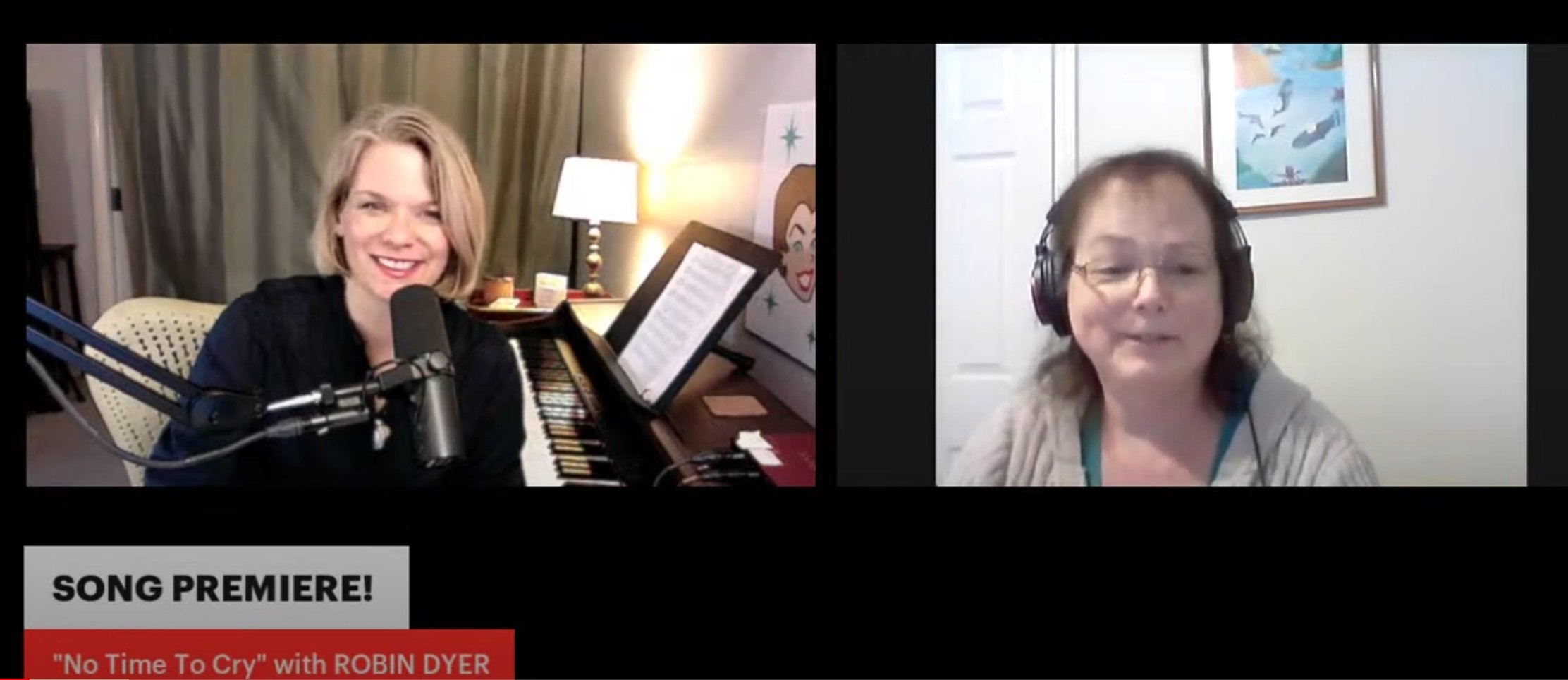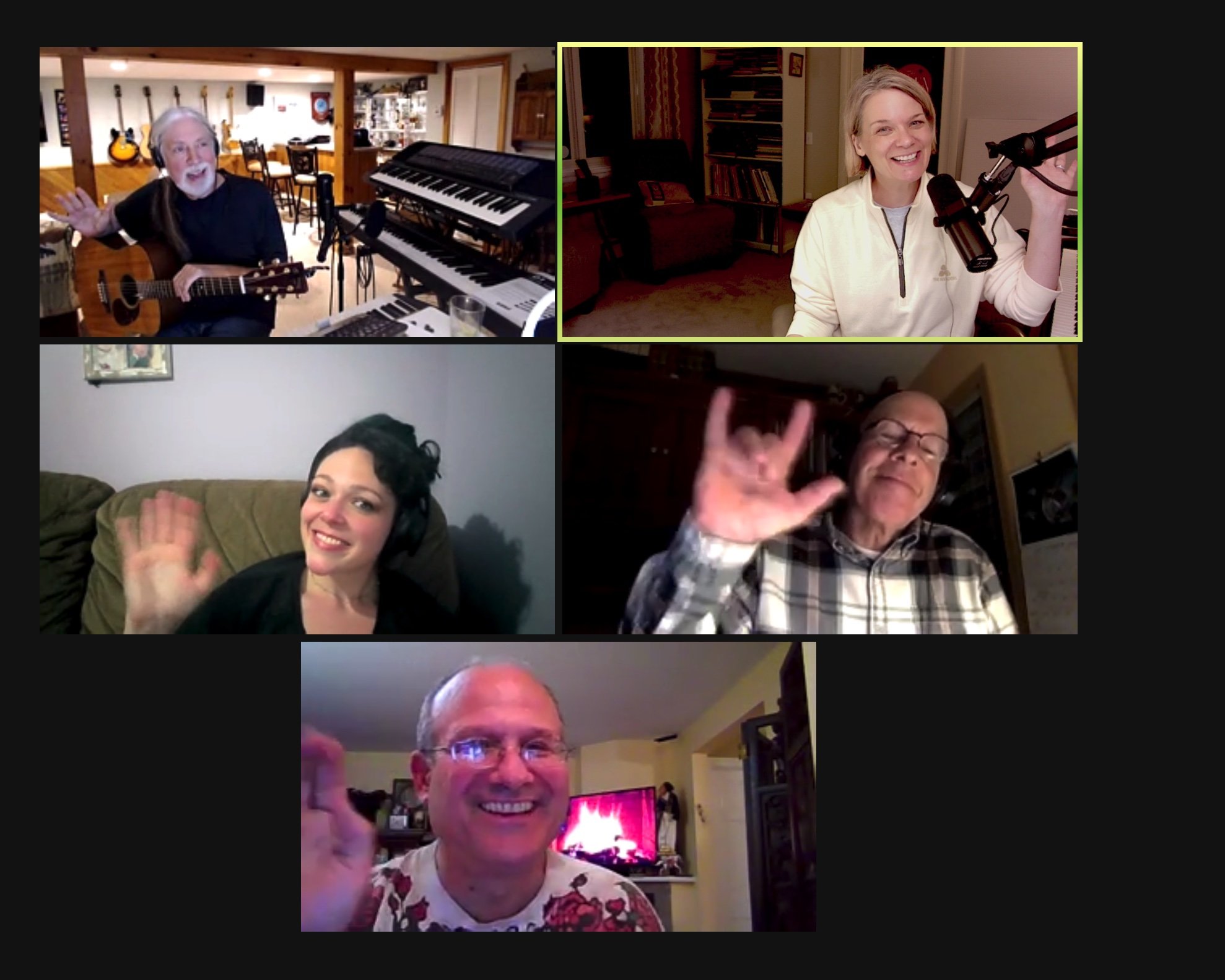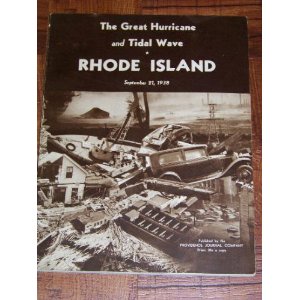TL;DR: See you next week, musical optimists.
Theaters are shut. Broadway is in mothballs. Music venues are closing left and right. Singers and voice teachers connect online for safety. Musicians are out of work and draining their bank accounts dry.
What a great time to look ahead!
I’m not crazy, I’m an optimist! As awful as this time has been (and yes, it’s awful and it’s especially awful for those who have lost someone), I’m excited to see incredible innovation in the music world.
Teaching online, we’ve discovered that it’s easier to hear our singers when their sound is coming into our headphones. Playing online, we can make music in real time with programs like SoundJack and JamKazam and collaborate with players thousands of miles away, even total strangers! Forced inside, almost everyone’s writing new songs, creating new works, and connecting to old fans and new audiences online.
It’s not the same as what we had before, but it sure is interesting. And, these innovations are open and usable by everyone! I believe the musical landscape has been permanently changed by what we’ve learned and created in the past year. So to me, the musical future looks bright. We just need that danged vaccine.
Here, have a swig of my optimism. I’ll see you at The Pandemic-Proof Singer Summit, a really cool online event, Nov. 16-18. My friend and colleague, performer Danielle Tucker of The Mighty Untouchables, is sharing survival skills for the pandemic and beyond. She’s gathered together an amazing group of presenters to share their wisdom and knowledge about the music biz before, during, and after pandemic.
Learn more about monetizing live online concerts, managing a website, managing your Spotify tunes, keeping your body and voice in shape, how to use your music gear, attracting fans online, and so much more. The videos, workbooks and freebies contain valuable information and skills you needed before the pandemic, but were too busy to learn. But if you master them now, you’ll truly be pandemic-proof.
And, I’ll be there too, giving a workshop called “Online Performing: What The Tech?” to help you improve your online music gigging.
Guess what? It’s all FREE! Click here to sign up now.
Can’t make it Nov. 16-18? You can get ALL the videos in your inbox, permanently, for less than $200! Use my code to get the lowest price!












































